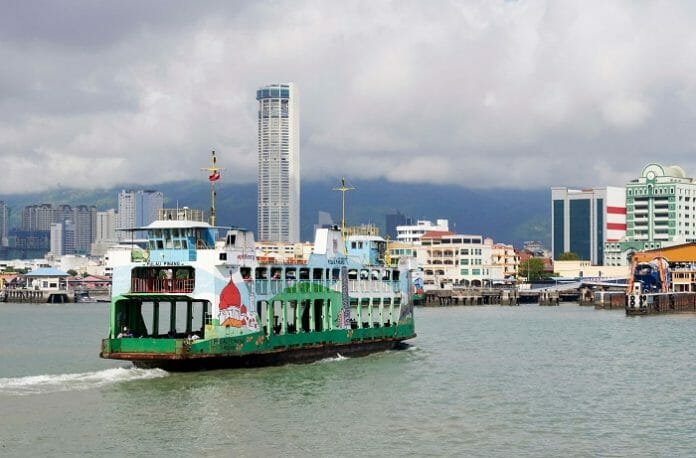With Penang’s proposed implementation of the Short-Term Rental Accommodation Guidelines for Strata Properties, operators like AirBnB and the Asia Travel Technology Industry Association (ATTIA) have raised concerns over the latest move.
In a press statement, ATTIA has expressed deep concern over the proposed guidelines, which it said would severely restrict the ability of short-term rental accommodation hosts to accommodate guests in strata properties in the state of Penang. The association further adds that at a time when Penang is trying to recover its valuable tourism industry, such policies would stifle tourist arrivals, and also send mixed signals about Penang’s commitment to attracting tourists and digital nomads.
After meeting with the State, ATTIA recommends a robust regulatory approach, which will provide certainty to regulators, industry participants, and local communities alike. The new system it said should be underpinned by a mandatory Code of Conduct and a digital registration system.
Among the concerns that were raised at the meeting include the infeasibility of ‘night limits’: the association highlighted its concern with the ‘night limits’ prescribed in the Guidelines, which would limit a host’s ability to offer accommodation to 180-days annually, and limit individual bookings to 3-days. As STRA guests typically make longer bookings and spend larger amounts within local communities, such limits would cause Penang to miss out on the digital nomad and sustainable travel wave. In addition, such limits would severely disincentivize hosts from starting their businesses, and therefore curtail the availability of STRA, to begin with. They also contradict the national efforts to develop digital nomad hubs in different cities, including Penang as part of the DE Rantau program.
The association also commented on the guidelines disallowing STRA unless express permission is obtained. We argue that STRA should instead be allowed by default in both commercial and residential properties (on both the island and mainland). Without this, potential voting sessions at housing complexes would need to occur with impractical frequency to cope with demand.
Moreover, such onerous licensing requirements would deter large swathes of potential STRA hosts from hosting entirely. As an alternative, building residents can rely on the existing Strata Management Act (SMA 2013) to pass by-laws on whether
STRA should be restricted to specific buildings through a 75% vote.
The proposed guidelines also includes a host registration process that involves several manual steps, thereby increasing the administrative burden for hosts as well as local authorities. Crucially, hosts in strata buildings will have to secure at least 75% approval from residents at an AGM before they can begin hosting. The vast majority of hosts are individuals, and these barriers would make it challenging for bona fide hosts to comply. We instead propose a streamlined digital registration process, which would allow local authorities to gather more meaningful and updated data on STRA, while supporting greater compliance
As for noise or nuisance issues, ATTIA says it would be more effectively addressed through close coordination with STRA platforms, rather than guidelines that disallow STRA activity thus limiting Penang’s broader tourism activity and potential. This could include a ‘Code of Conduct style of self-regulation involving collaboration with STRA platforms, which would determine and enforce norms, rules, and responsibilities expected of STRA hosts and guests.









